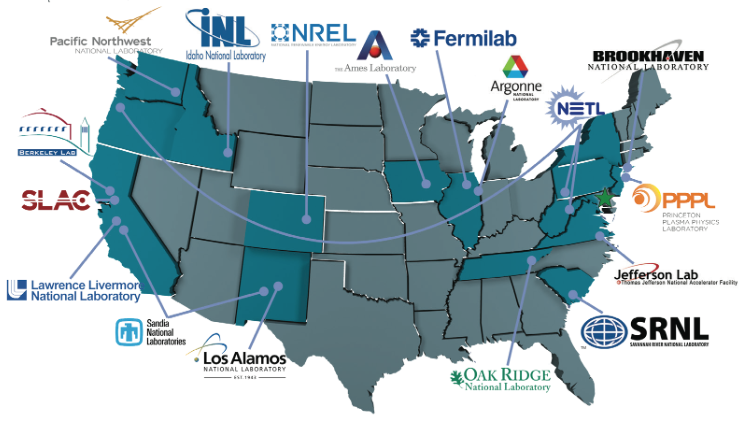All positions in Social Work require at least a Bachelor’s Degree. However, many positions often require higher degrees in order to achieve them.
For those interested in Social Work there is one main Master’s degree one can pursue; the Master’s of Social Work (MSW). Almost all social worker positions require at least a Bachelors, however, if you wish to become a licensed clinical social worker you must also have an MSW.
There are also two Doctorates one can pursue in the area of Social Work. These are the Doctor of Social Work (DSW) and the Doctor of Philosophy in Social Work (PhD). The DSW is beneficial for those wishing to continue their education as a clinical social worker in hopes of become agency heads and other positions of administration, whereas the PhD is for those considering being educators in social work.
Want to know more? Check out these sources below:
Do I Need a Masters Degree to be a Social Worker? (via) SocialWorkDegreeGuide.com
Should I pursue a Ph.D in Social Work? (via) DworakPeck.usc.edu




